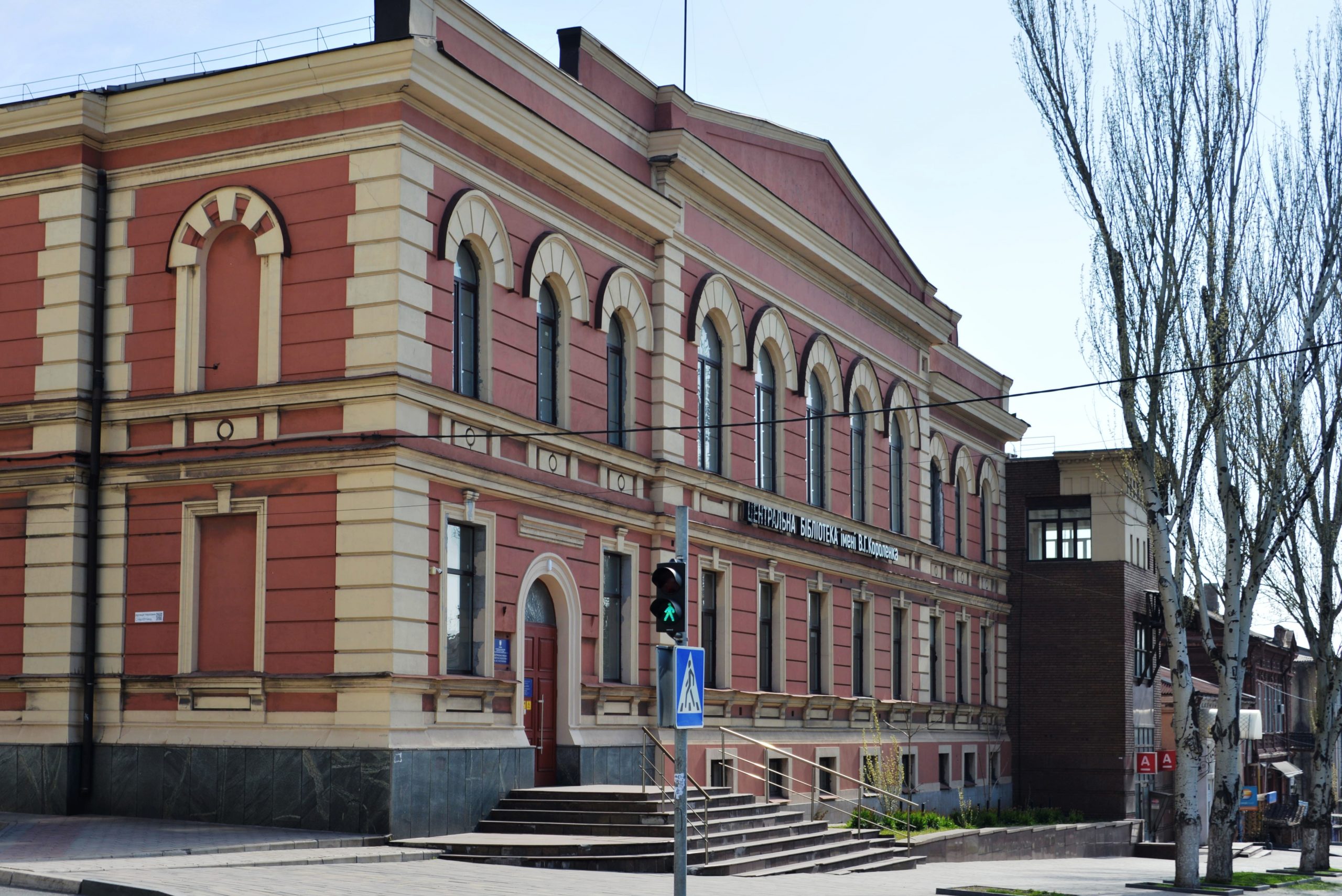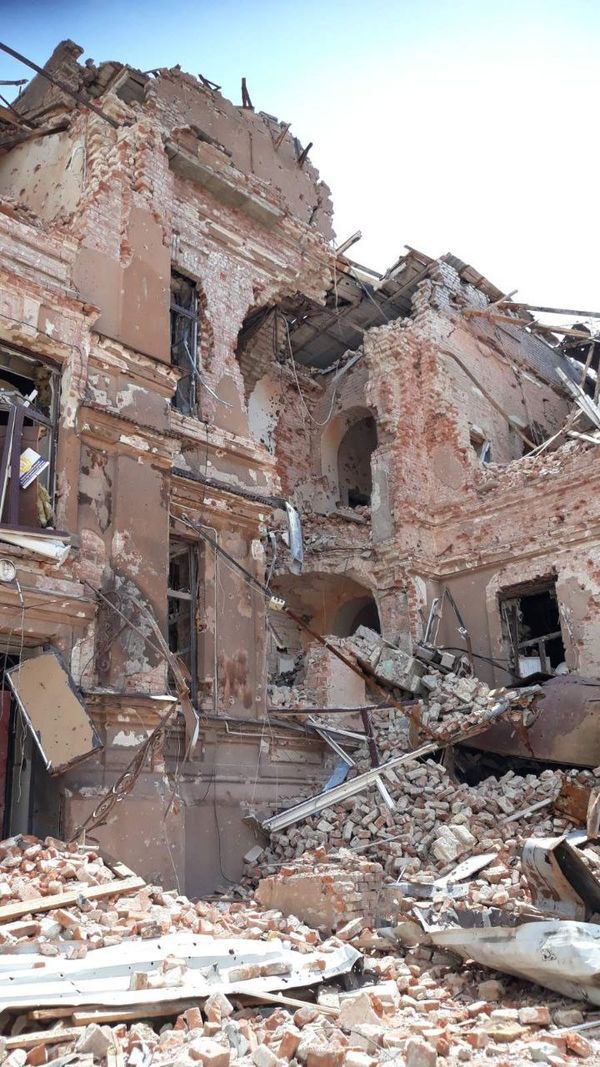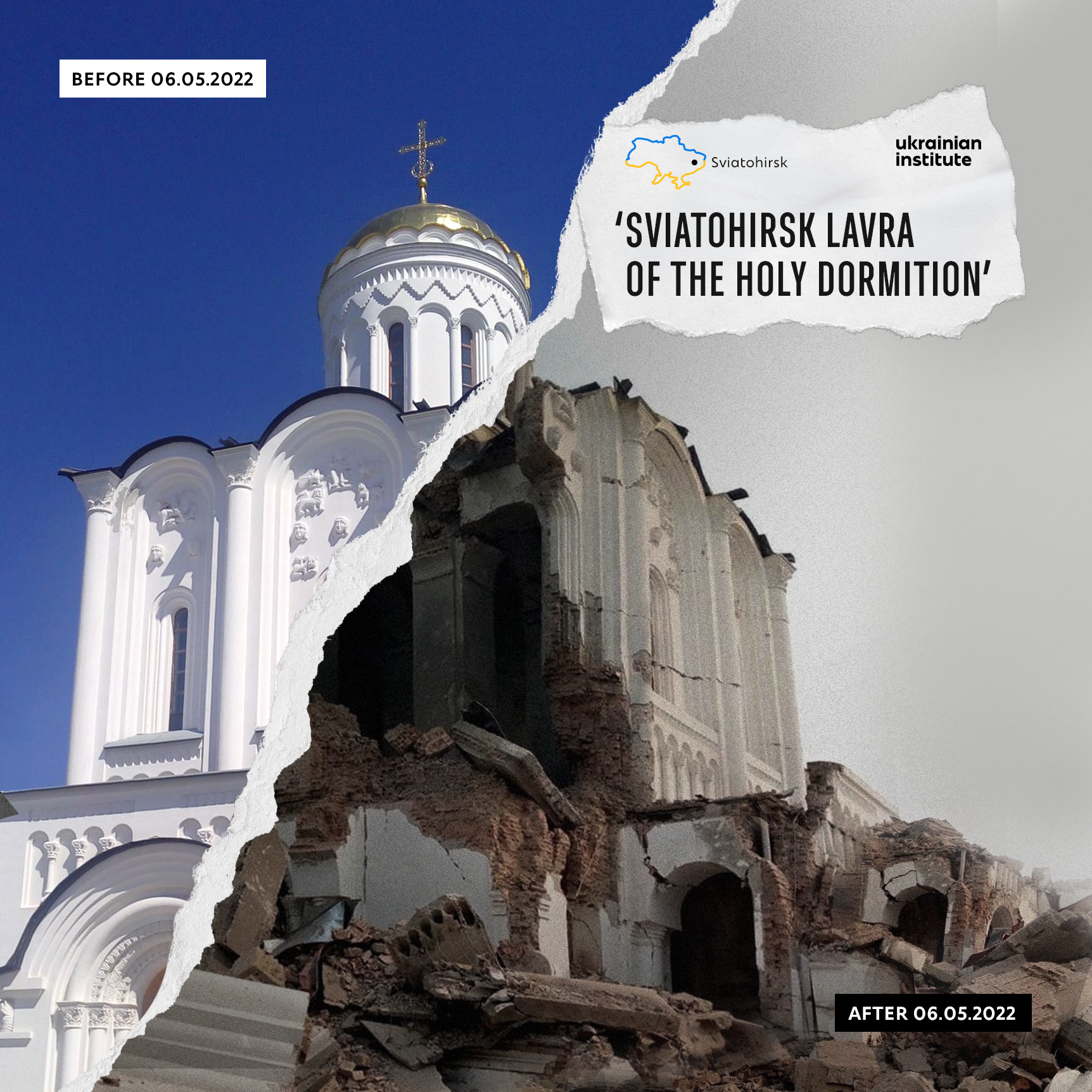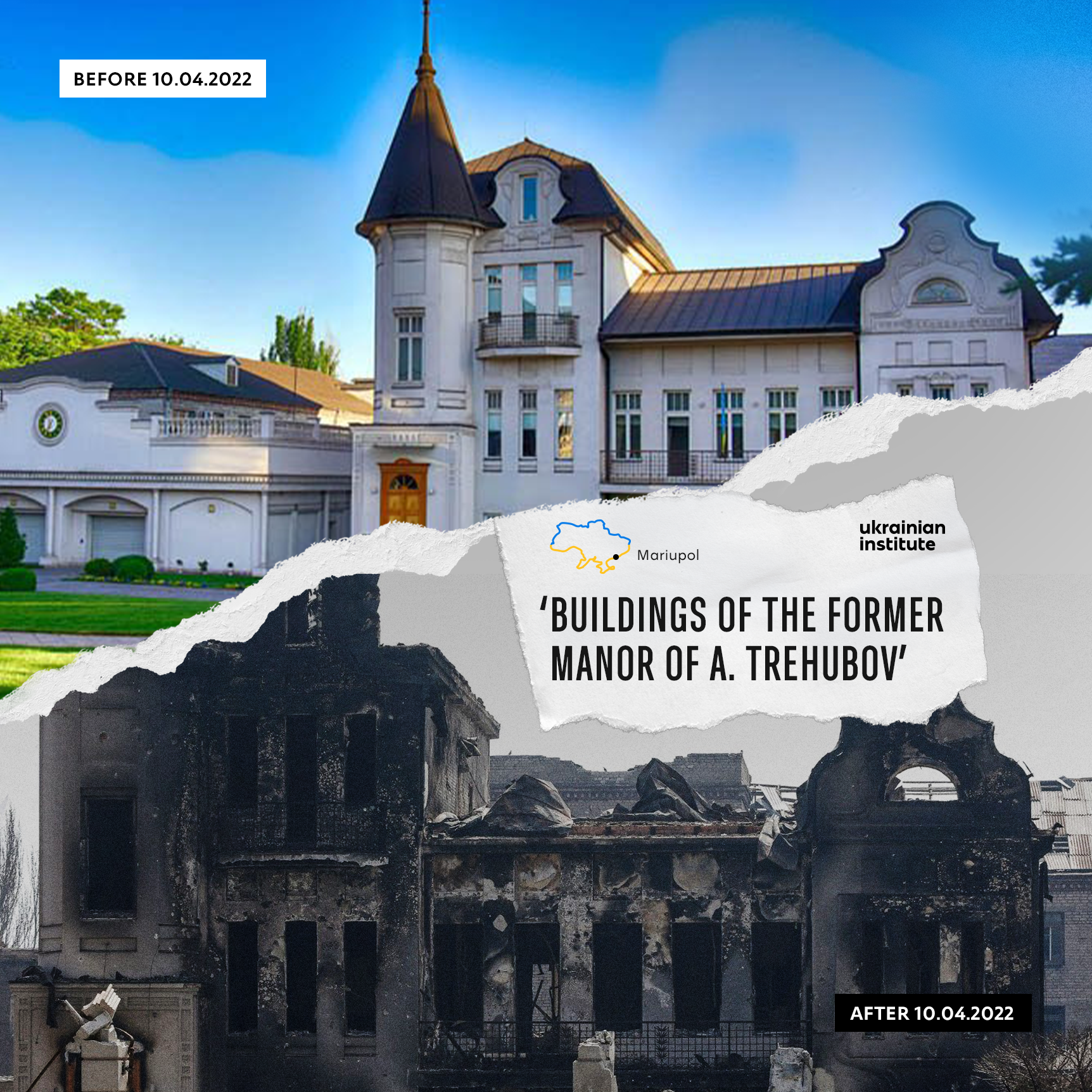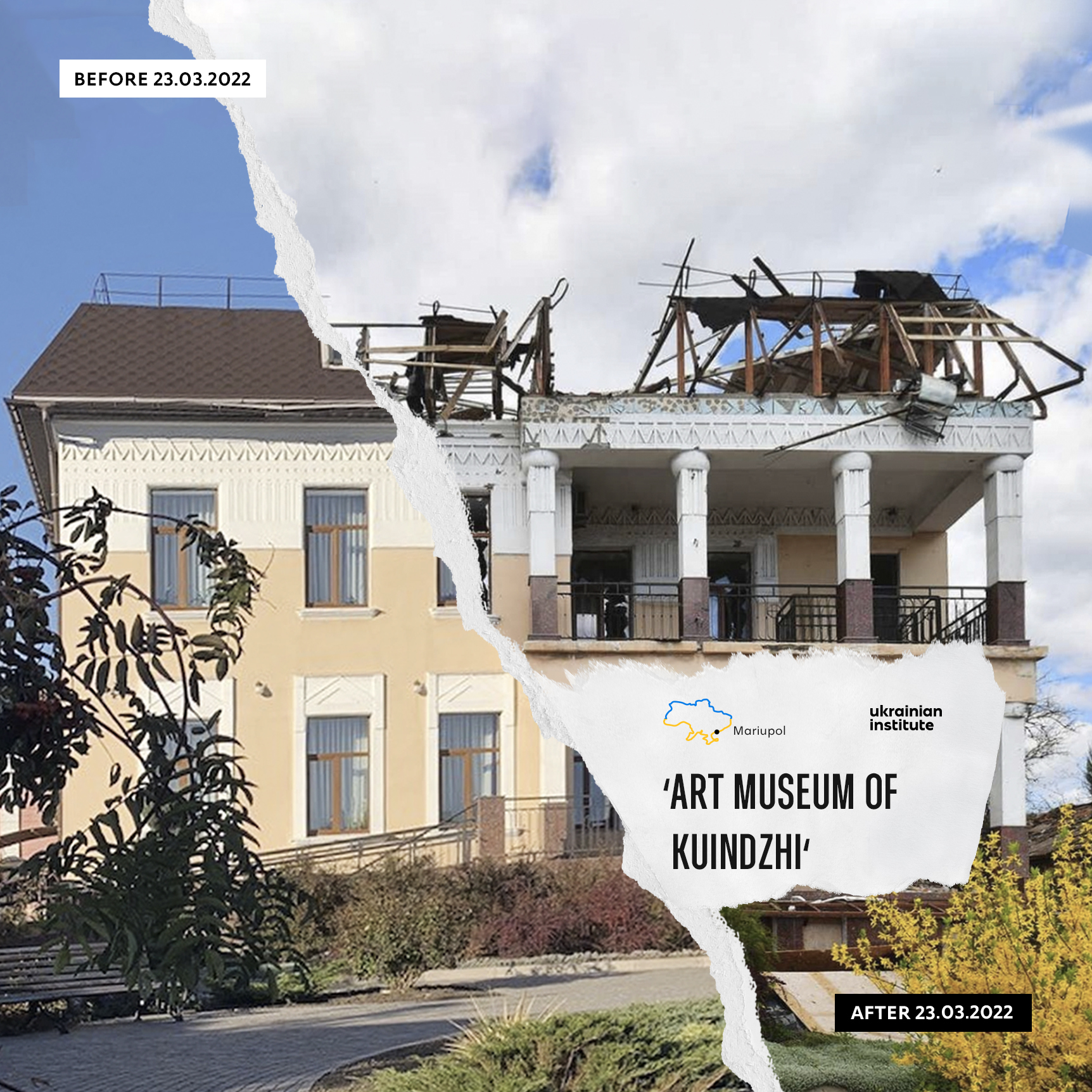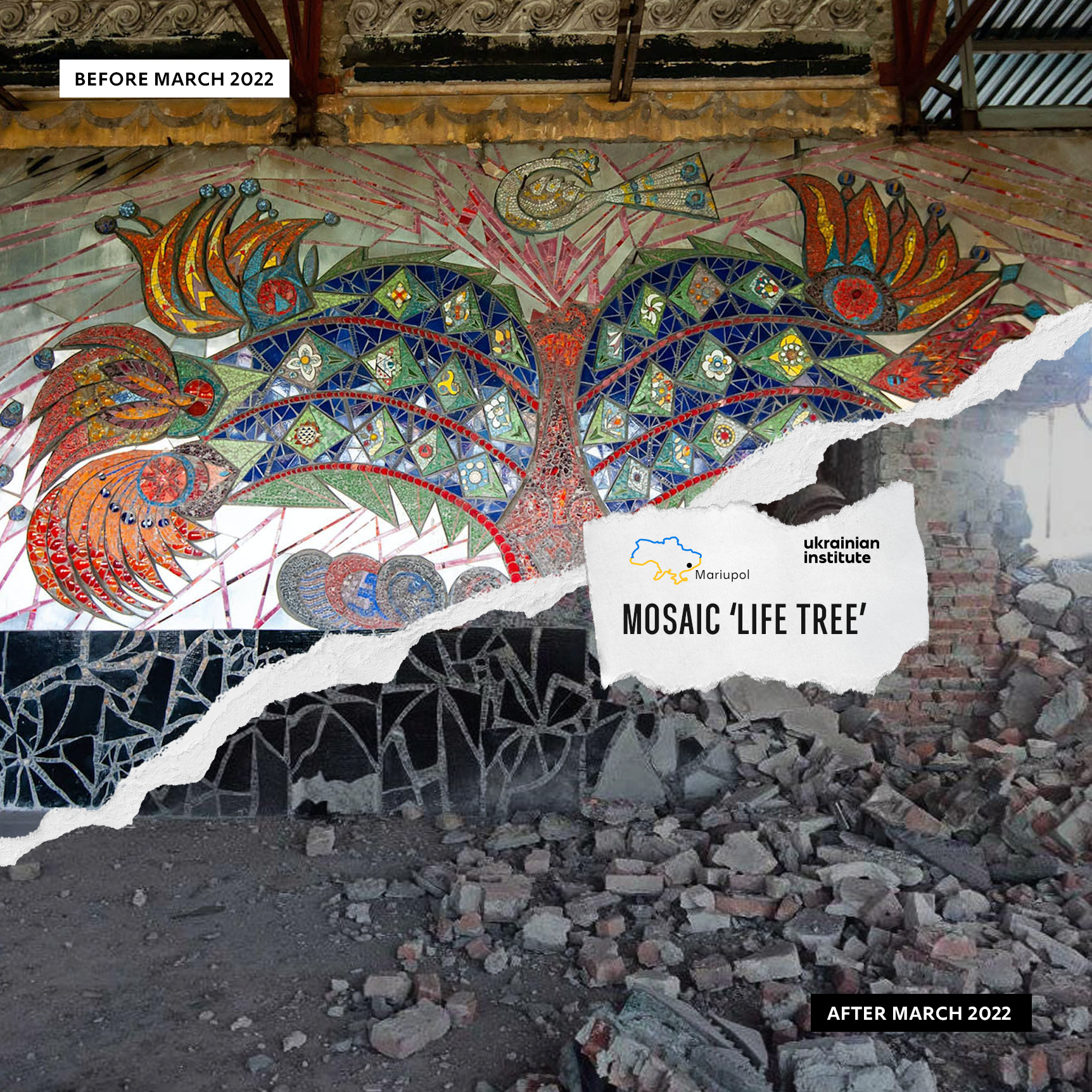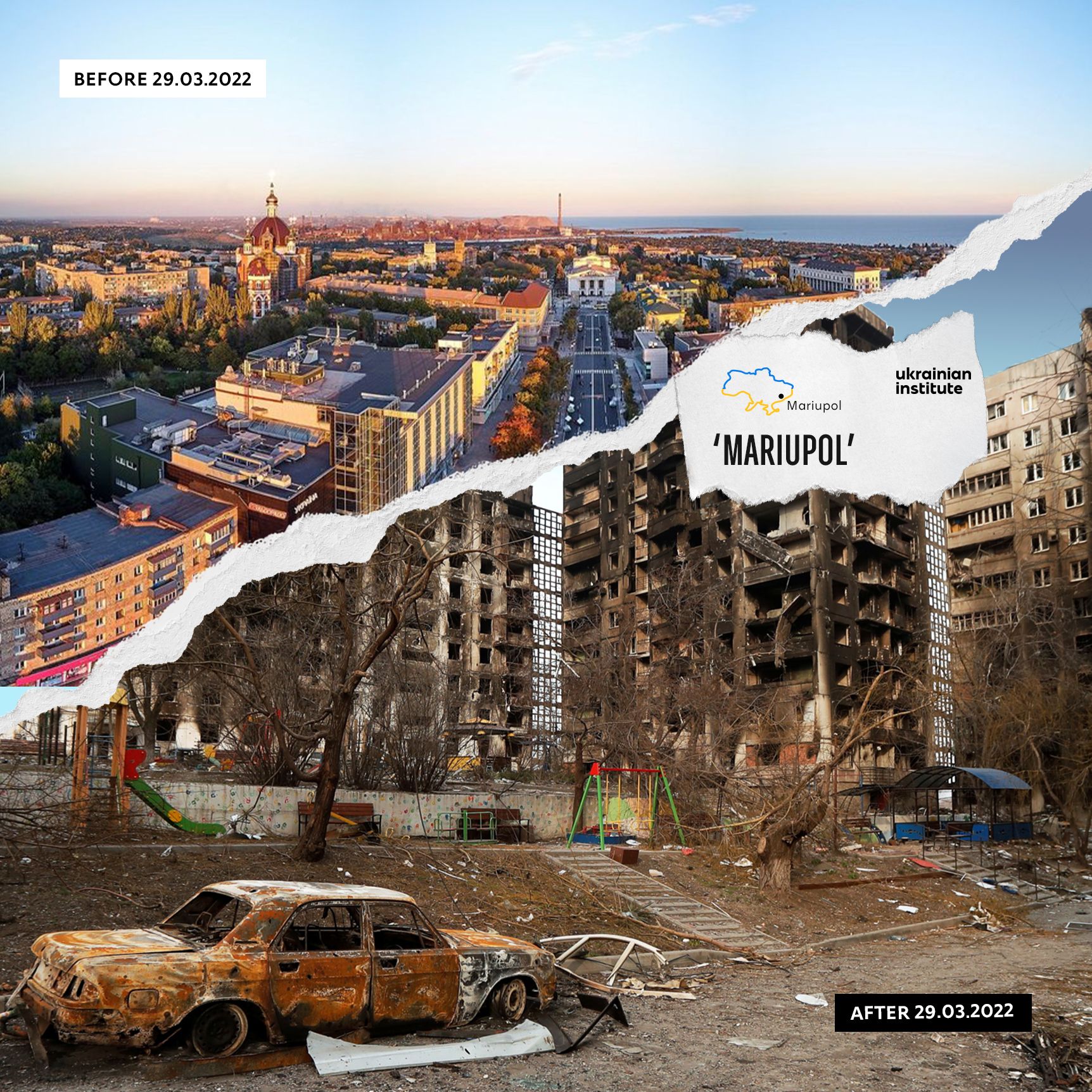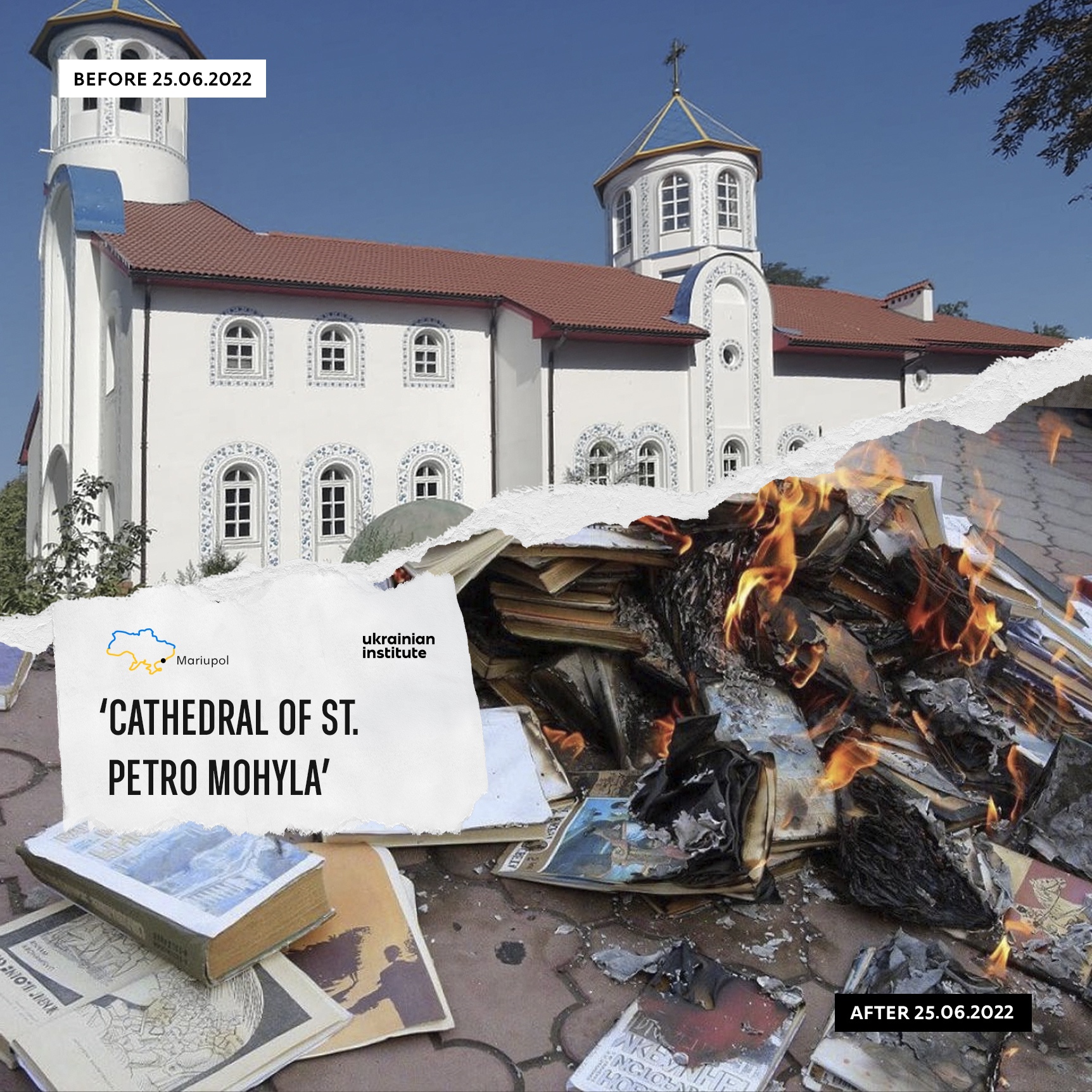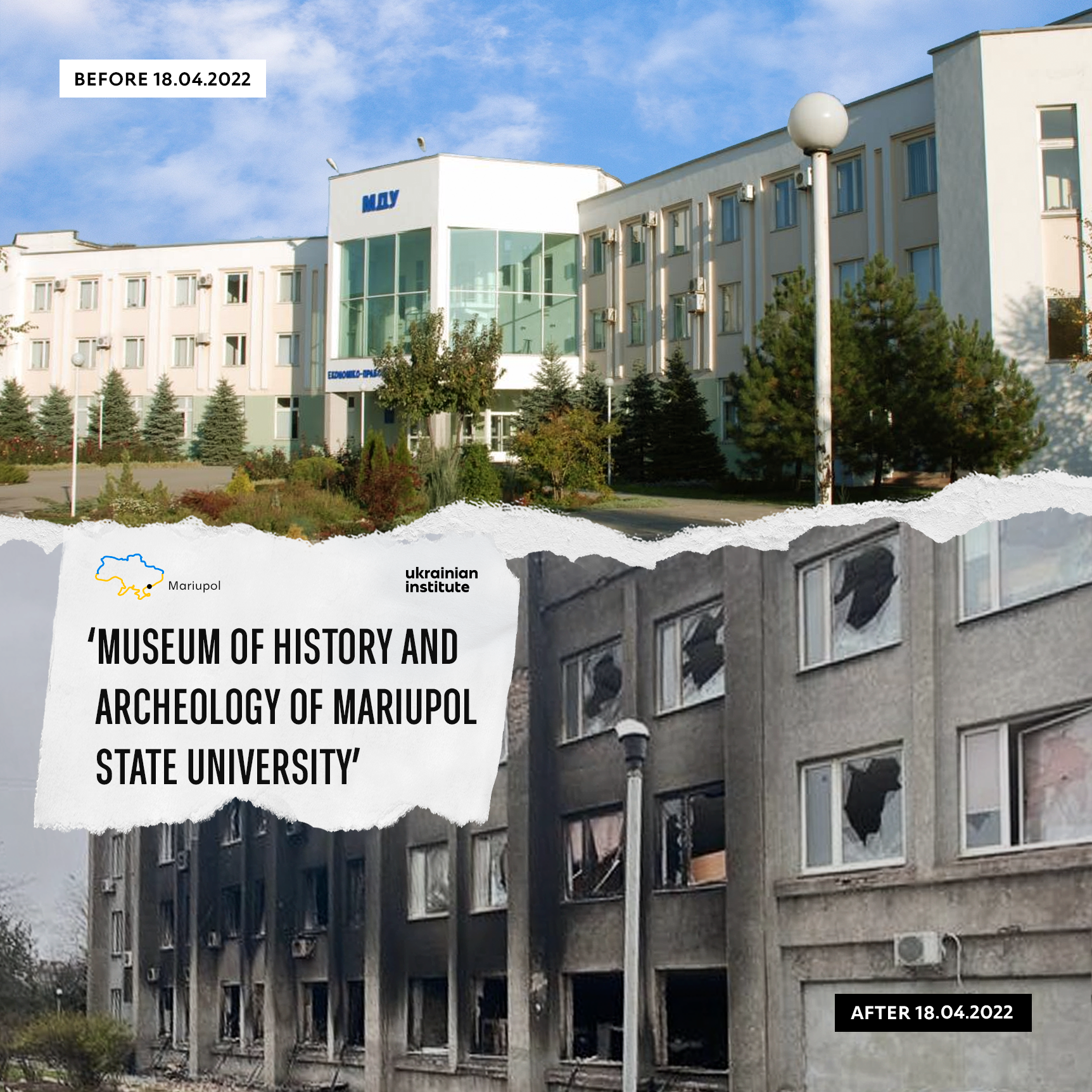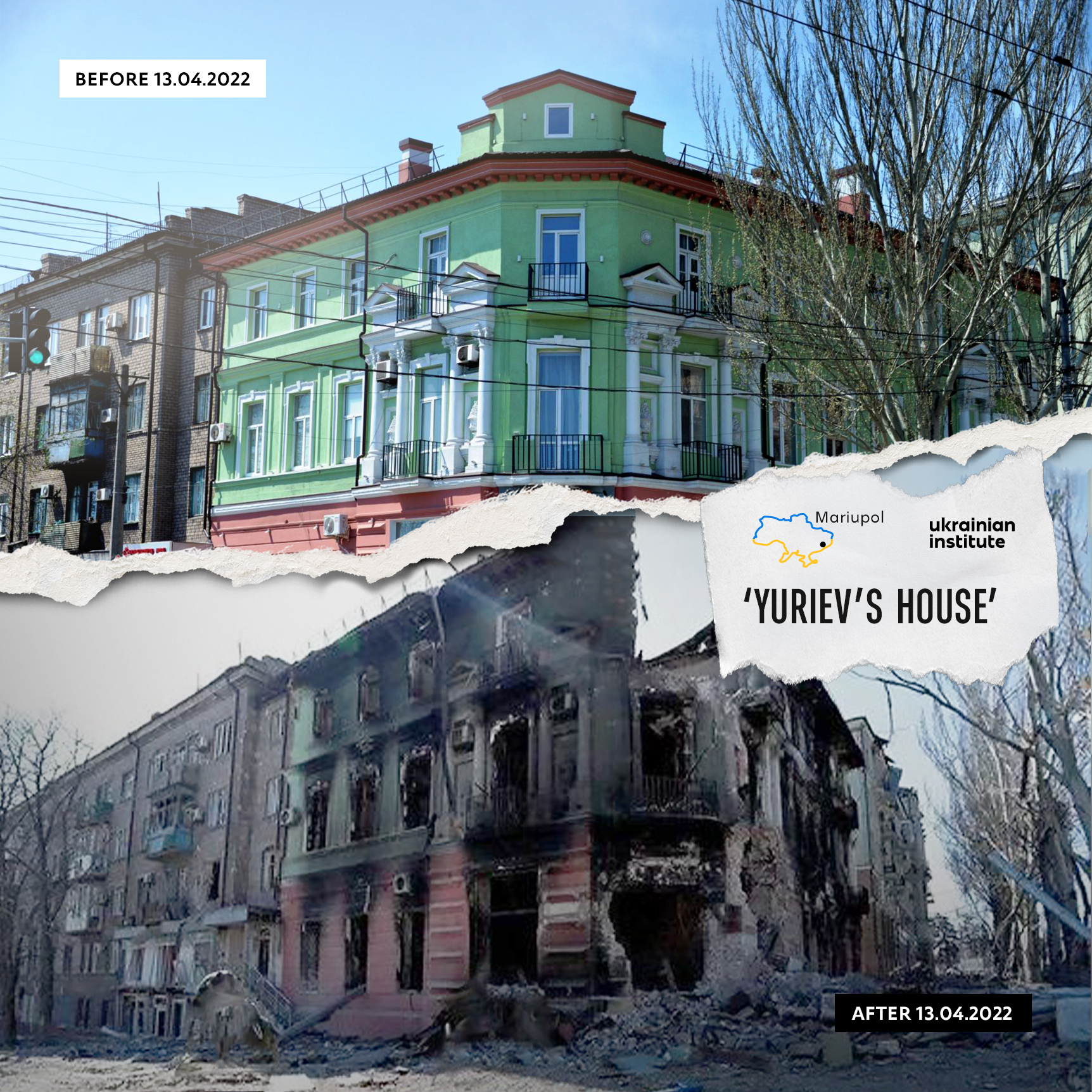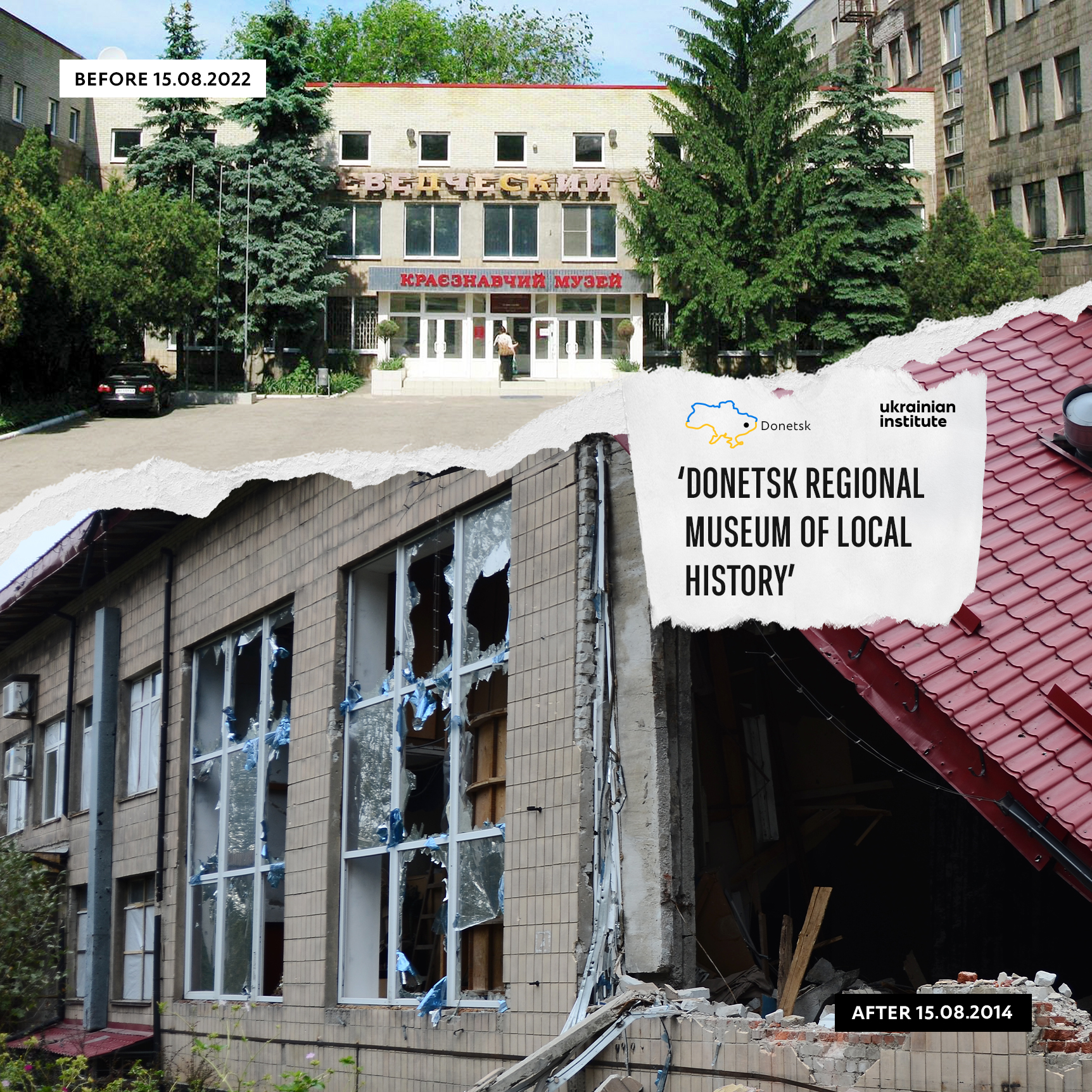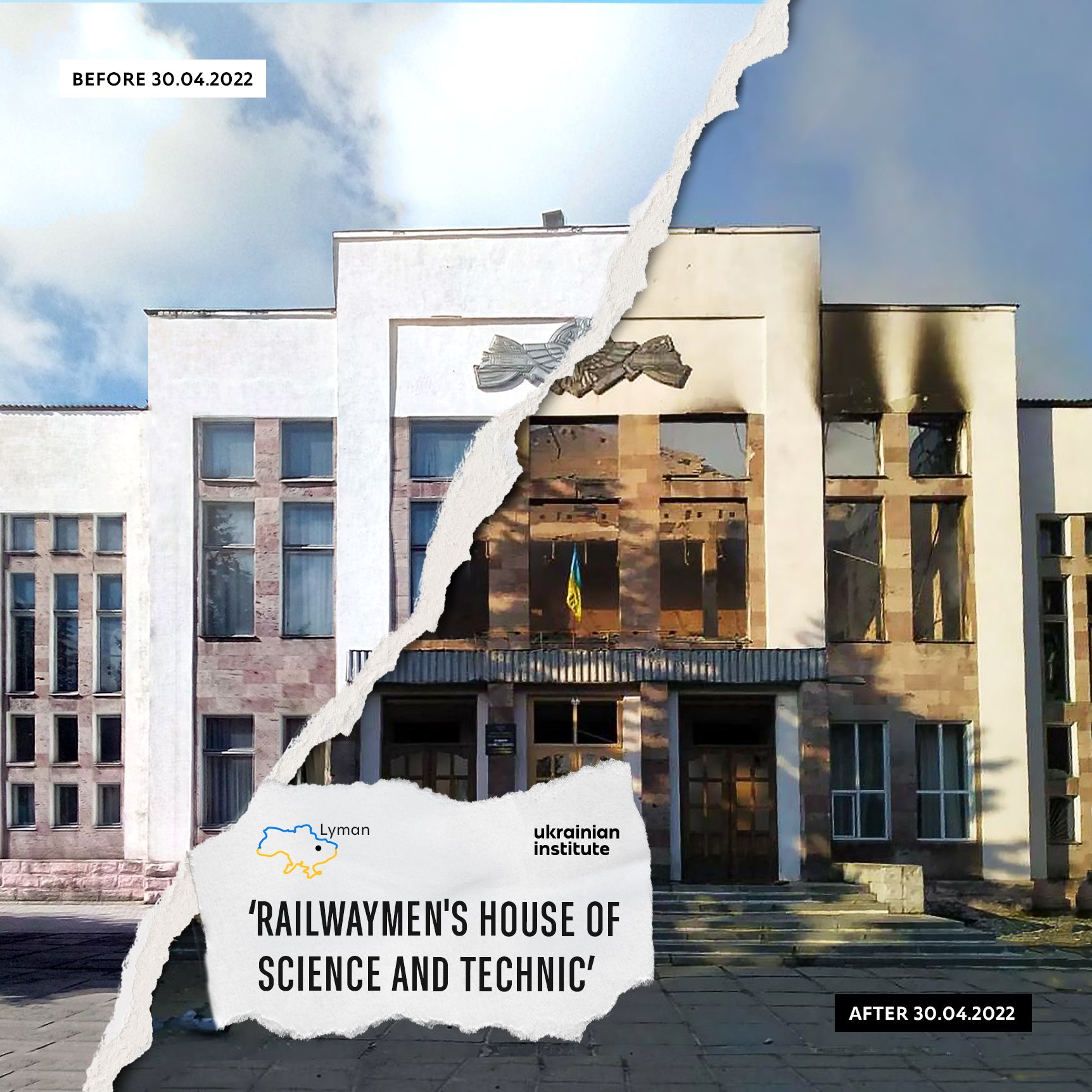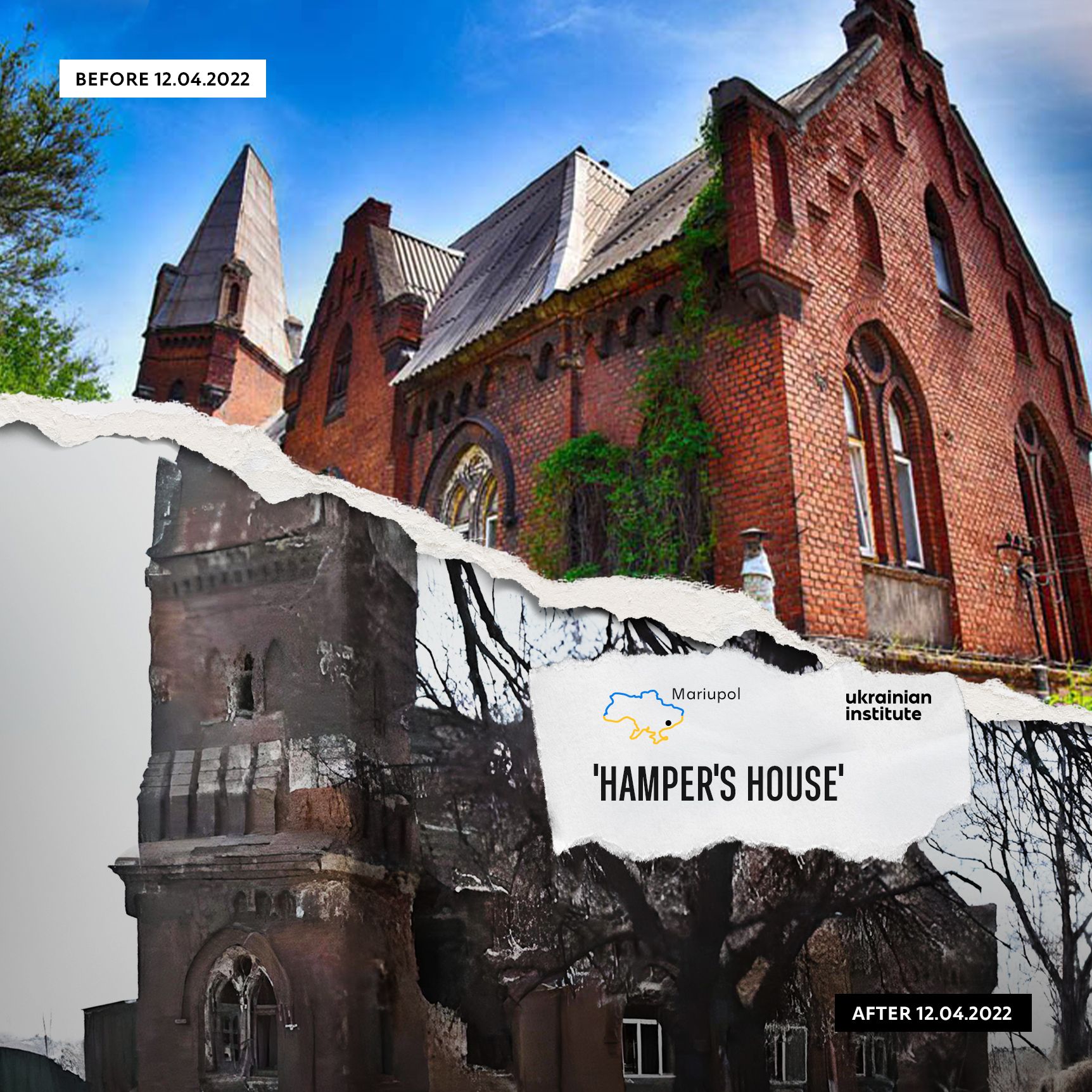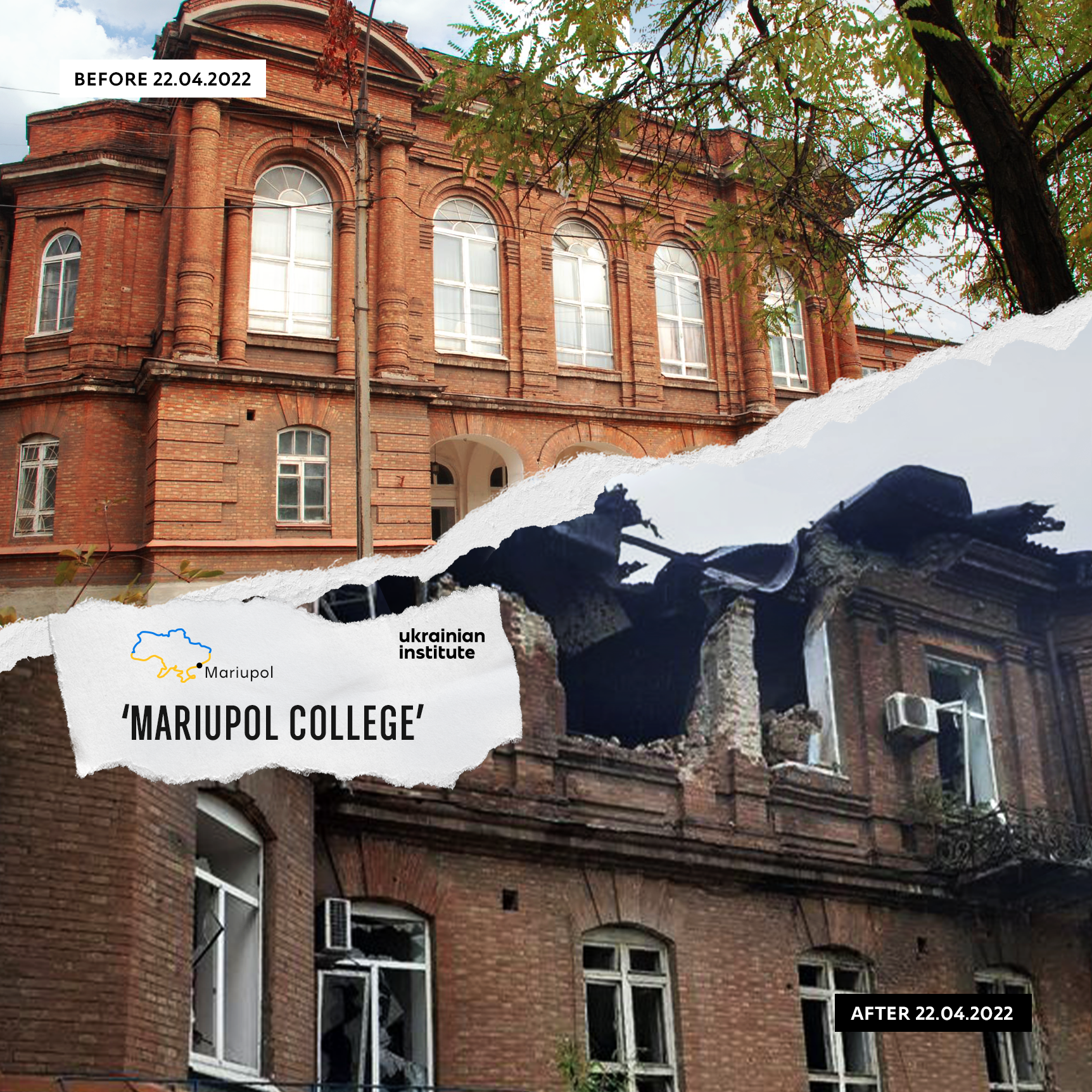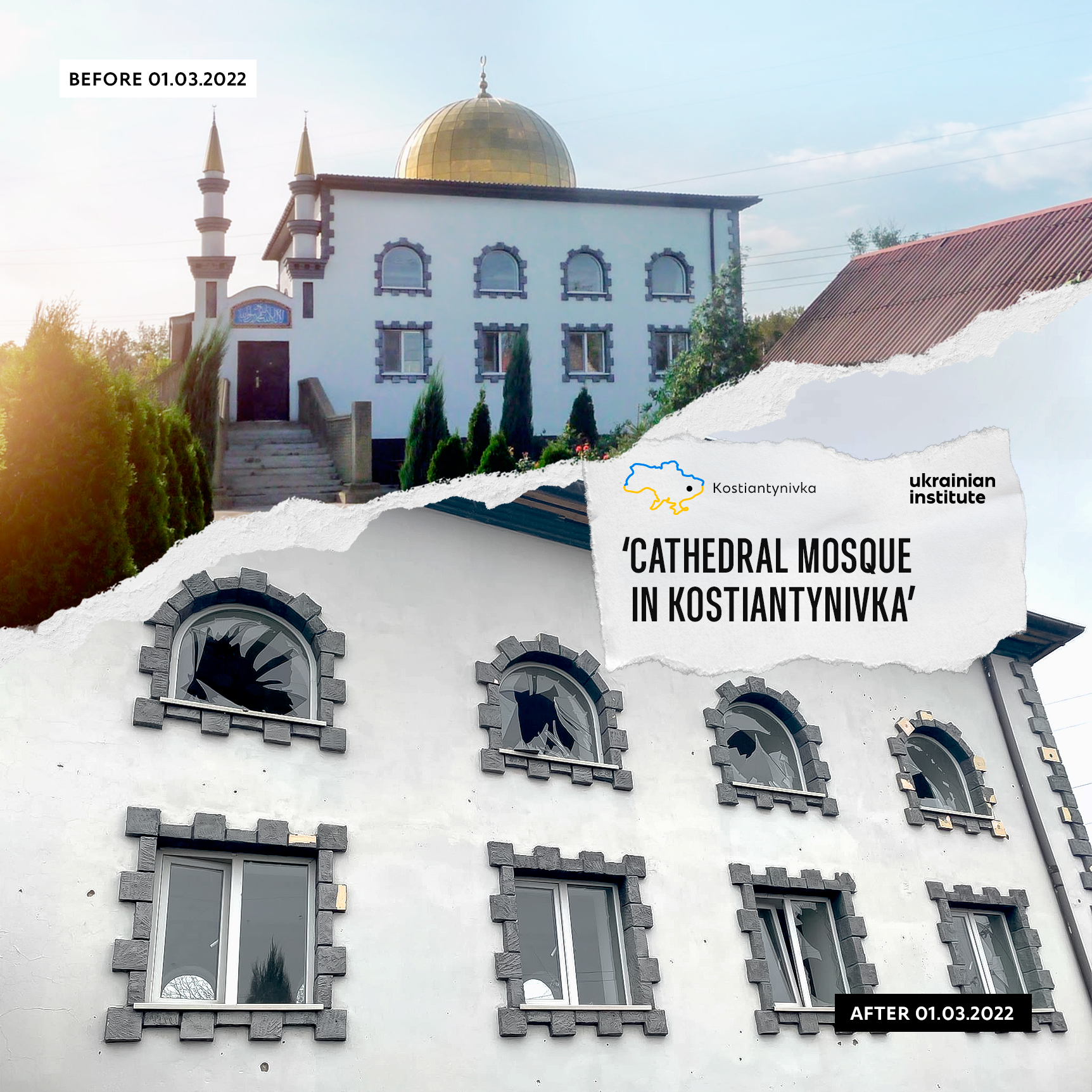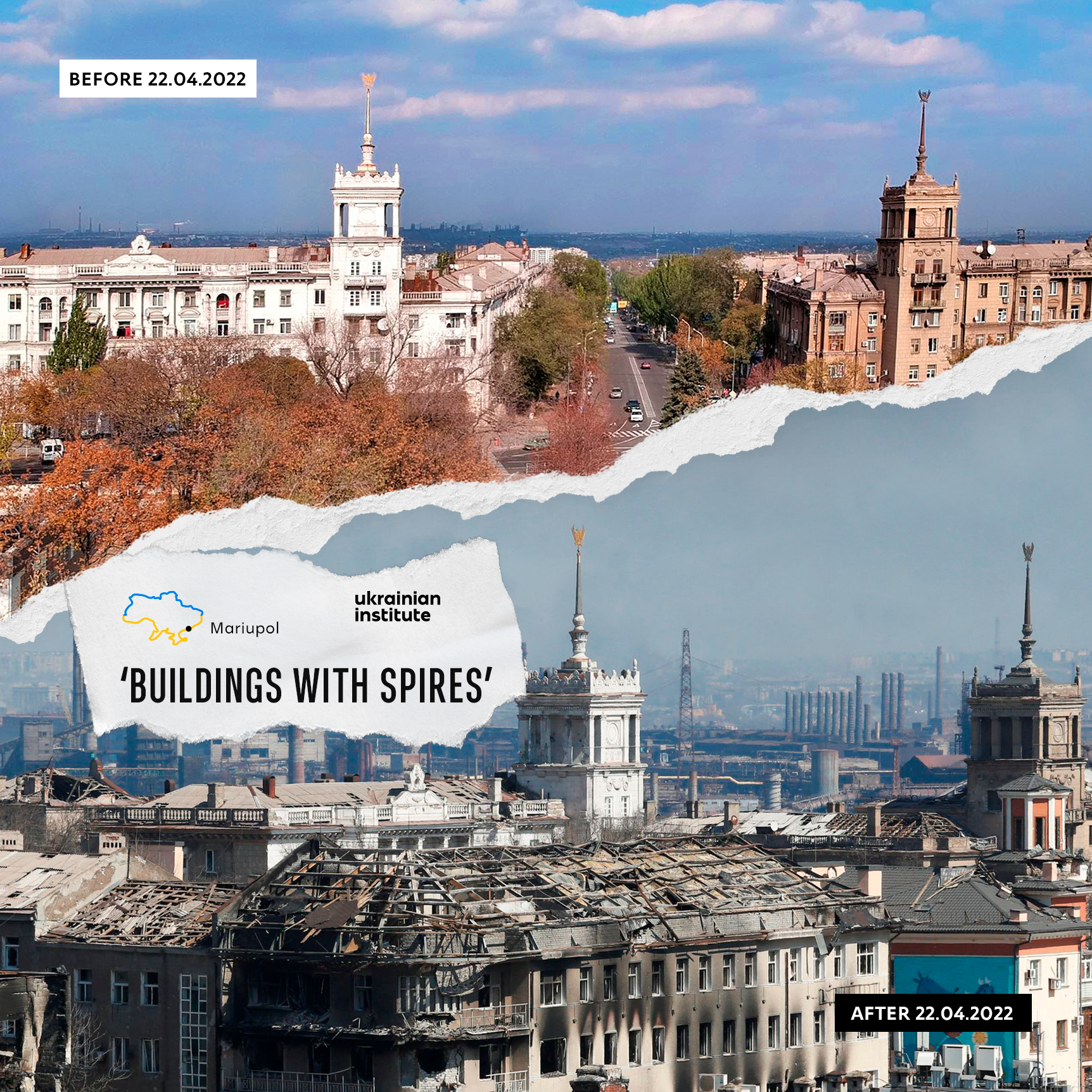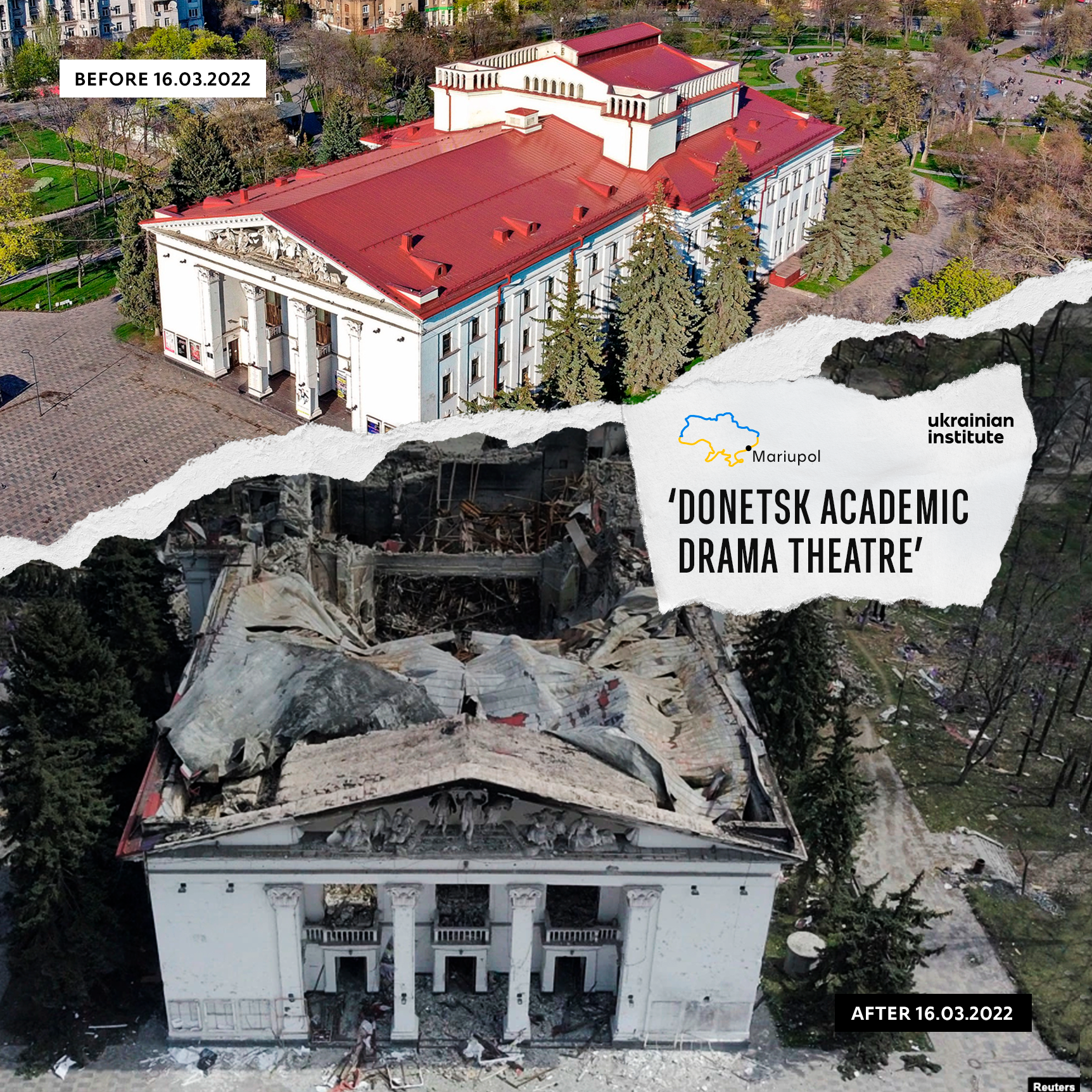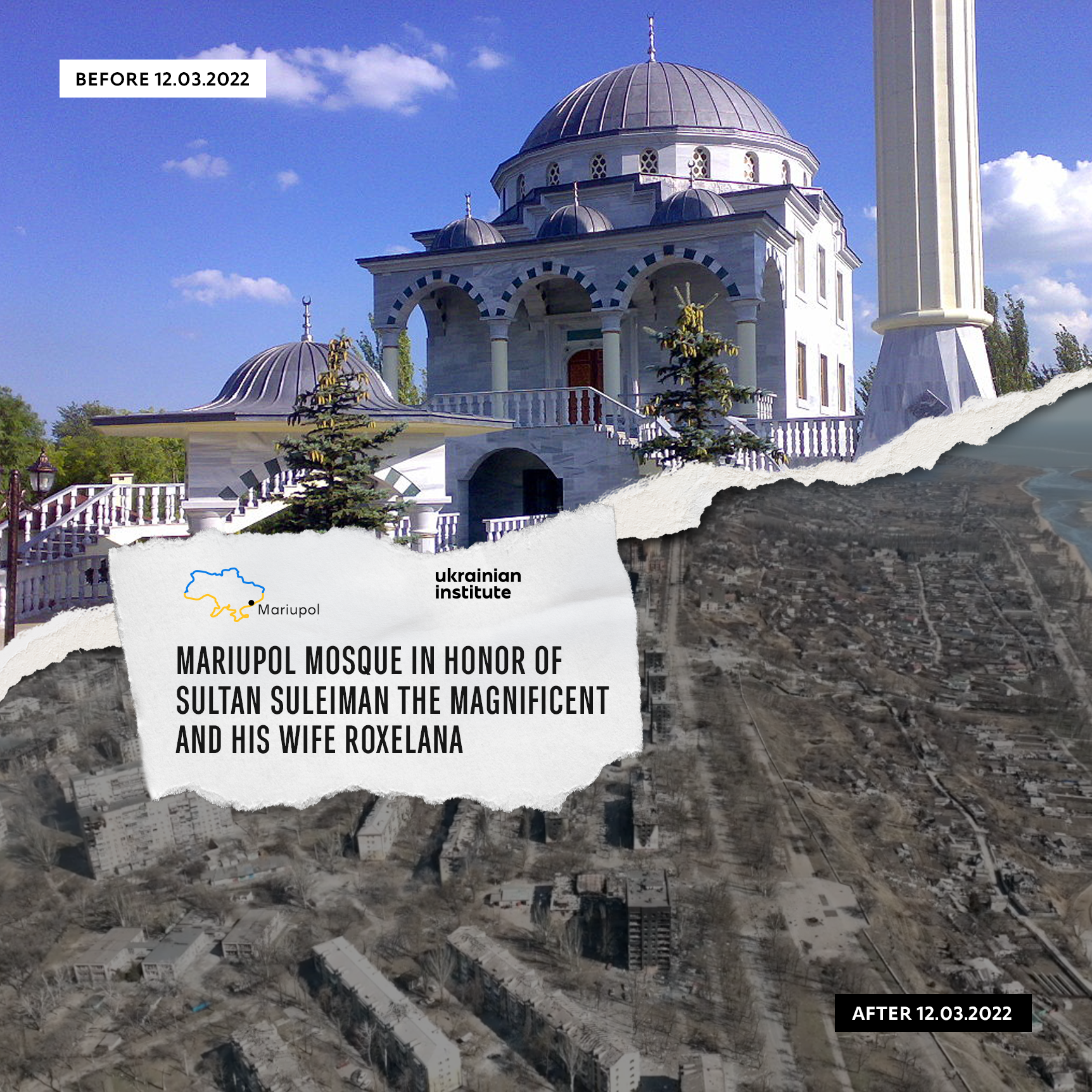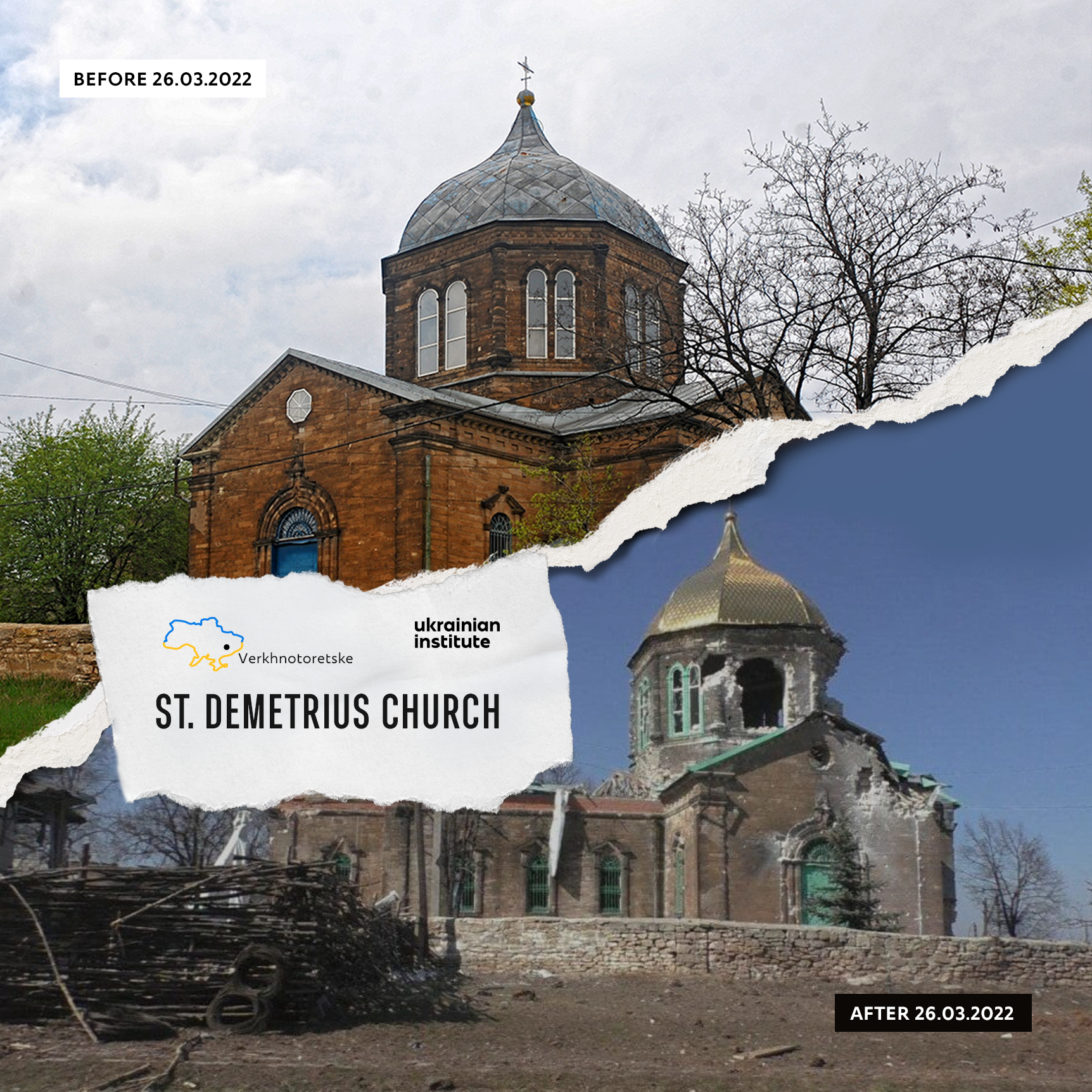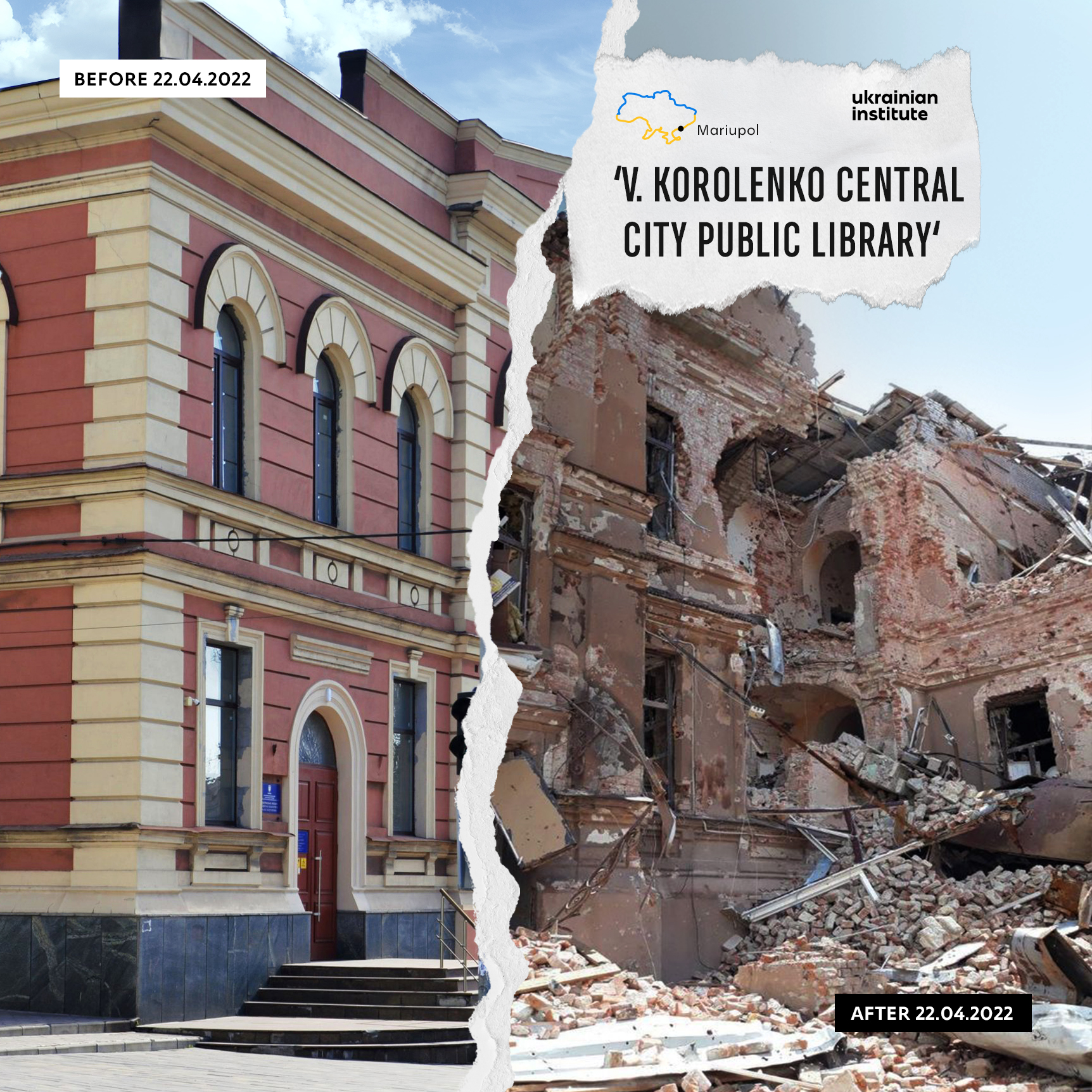
Former State Bank’s building, constructed at the turn of the 20th century. In 2019, this site housed the city library, which history began back in 1904. An intellectual and educational centre of the city.
House No. 43 on Hretska Street witnessed the era when Mariupol became the financial centre of the Azov region. As substantial capital was invested in the city, leading banks opened their offices here. Thus, in 1897-1905 a two-storey brick-plastered building of the State Bank in the classical style was erected in the very centre of Mariupol.
After the seizure of power in Ukraine, the Bolsheviks established the State Bank of the USSR in the building, which operated here for decades. In 2019, these walls with spacious halls became home to the city library named after V. Korolenko.
The history of this institution began back in 1904. Much communist literature was brought to the library in the 1930s, so its collection rapidly increased from 10,000 to 100,000 books. It was reduced during the German occupation of Mariupol in World War II. Nevertheless, the library remained an intellectual and educational centre for the city. Literary conferences and meetings, lectures, memorial evenings, theme tours, and more recently, various PR events were held here.
Over time, the library collection expanded to 160,000 titles, and about 14,000 people used it annually. The library also gained new book exchange partners such as volunteers from the Peace Corps, the Goethe Institute, and other charitable foundations and organisations. Moreover, the Canadian-Ukrainian Library Centre was opened here in 2002 with the support of the ‘Canadian Friends of Ukraine’ organisation. Its collection included uncensored publications from the pre-Soviet period and books published outside the USSR.
In recent years, the library has constantly improved. One of its buildings housed the first digital library in the Donetsk region, and the other one (the building of the former State Bank) kept a regular book collection. A modern co-working space was also created in the library, which hosted meetings with cultural figures and artists, book presentations, vernissages of local artists in a digital gallery, and other cultural events.
But on February 24, 2022, the eventful life of Mariupol halted. During the full-scale Russian invasion of Ukraine, the city was encircled by Russian troops and fell victim to merciless extermination. The old library building, erected in 1897–1905, was damaged on April 22. As a result of the Russians’ shelling, its facades, windows, and roof were destroyed. The library collection’s fate currently remains unknown.
The site that once held memories may now turn into a memory itself.

